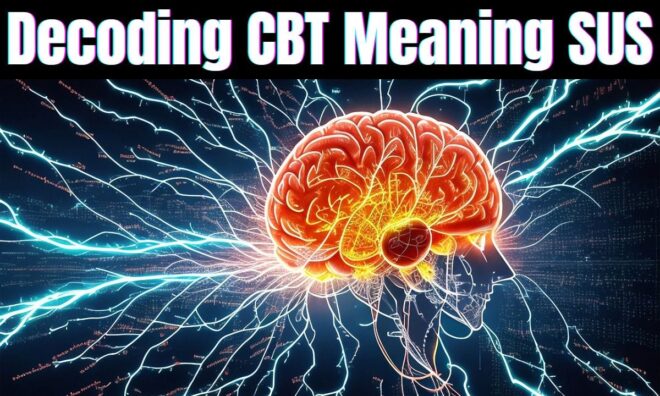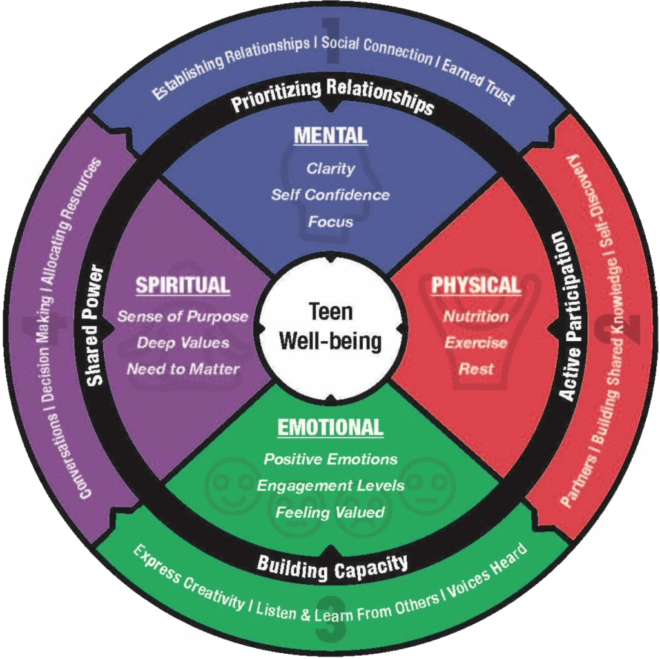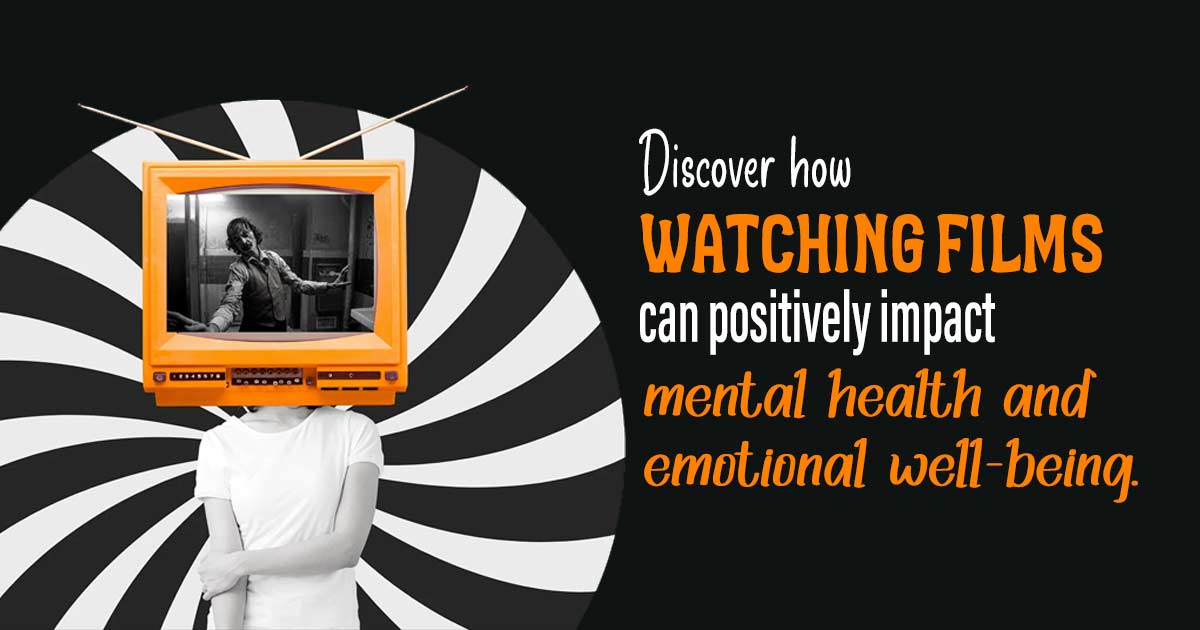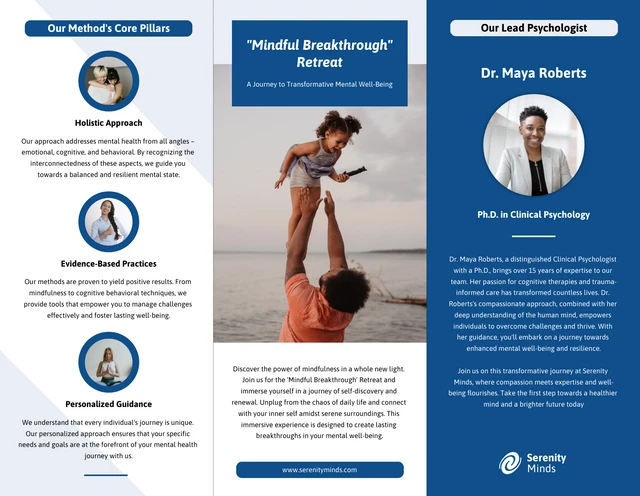Behavioral Health Definition : Unlocking the Power of Mental Well-being
Behavioral health refers to emotional, psychological, and social well-being, encompassing mental health and substance abuse. It addresses behaviors impacting one’s overall health and quality of life.
Understanding and seeking treatment for behavioral health concerns are essential for maintaining overall well-being. These issues can affect anyone regardless of age, gender, or background. Whether facing stress, anxiety, depression, or addiction, addressing these concerns through appropriate interventions is crucial.
Recognizing the importance of behavioral health is key to promoting a healthy and balanced lifestyle. Seeking support and care when needed can lead to improved mental and emotional health outcomes. Your well-being matters, and addressing behavioral health is a vital step towards living a fulfilling life.

Credit: www.umc.edu
The Importance Of Behavioral Health
The definition of behavioral health encompasses mental well-being and emotional stability. Understanding how our behaviors impact overall well-being is crucial for maintaining a healthy lifestyle. By addressing behavioral health, individuals can achieve a balanced state of mind and lead a fulfilling life.
Key Components Of Behavioral Health
Behavioral health encompasses mental health, emotional well-being, social well-being, and psychological resilience. Mental health refers to our cognitive and emotional well-being, including how we think, feel, and behave. It affects our ability to cope with stress, maintain relationships, and make decisions.
Emotional well-being involves our ability to handle our emotions in a healthy and positive way. It includes recognizing and managing our feelings, such as sadness, anger, and joy.
Social well-being relates to our interaction and connection with others. It involves healthy relationships, effective communication, and a sense of belonging to a community.
Psychological resilience refers to our ability to bounce back from difficult experiences and adapt to challenges. It involves developing coping strategies, maintaining a positive outlook, and seeking support when needed.
Common Behavioral Health Disorders
Behavioral health disorders are conditions that affect a person’s emotions, thoughts, and behaviors. They can have a significant impact on one’s overall well-being and quality of life. Some of the most common behavioral health disorders include:
| Anxiety Disorders | Depression | Substance Abuse | Eating Disorders |
|---|---|---|---|
| Anxiety disorders are characterized by excessive worry, fear, and apprehension. | Depression is a mood disorder that causes persistent sadness, loss of interest, and a lack of motivation. | Substance abuse involves the misuse of drugs or alcohol, leading to negative consequences on physical and mental health. | Eating disorders, such as anorexia nervosa and bulimia, involve unhealthy behaviors and attitudes towards food and body weight. |
It is important to recognize these disorders and seek appropriate help and support. Treatment options can range from therapy and counseling to medication and lifestyle changes. Early intervention and proper management play a crucial role in improving outcomes and promoting overall well-being.

Credit: www.aurahealth.io
Factors Influencing Behavioral Health
| Behavioral Health Definition |
Genetic predisposition plays a crucial role in behavioral health. Understanding the impact of environmental factors such as living conditions and access to resources is essential. Elevated levels of stress and trauma can significantly affect behavioral health. It is important to address these factors to promote overall well-being.
Addressing Behavioral Health Challenges
Behavioral health refers to the emotional well-being and mental health of individuals.
Therapeutic interventions play a crucial role in addressing behavioral health challenges. It involves counseling and behavioral therapy.
| Therapeutic Interventions | Medication Management | Supportive Services |
|---|---|---|
| Counseling | Prescribing appropriate medications | Access to social services |
| Behavioral therapy | Monitoring and adjusting medications | Peer support programs |
Promoting Mental Well-being
Behavioral health refers to the practice of promoting mental well-being and addressing psychological challenges. Stress management plays a crucial role in maintaining good mental health. Strategies such as regular exercise, sufficient sleep, and healthy eating can alleviate stress and improve overall well-being.
Making healthy lifestyle choices is another essential aspect of behavioral health. Engaging in activities that promote physical and mental well-being, such as yoga and meditation, can help reduce stress levels. Additionally, maintaining a balanced diet and staying hydrated can positively impact mental health.
Having a strong social support network is vital for managing behavioral health. Building and maintaining meaningful relationships can provide a sense of belonging and support during difficult times. Seeking support from friends, family, or professionals can help manage stress and improve overall mental well-being.
Participating in therapeutic activities, such as art therapy or counseling, can aid in addressing behavioral health challenges. These activities provide individuals with a safe space to express their emotions and learn coping mechanisms. They can also help develop self-awareness and promote personal growth.
The Role Of Advocacy And Education
Behavioral Health Definition: Behavioral health encompasses the interaction between behaviors and emotional well-being.
The Role of Advocacy and Education: Advocacy and education support de-stigmatize behavioral health concerns.
Reducing Stigma: Proactive education and awareness programs help challenge negative perceptions.

Credit: www.amazon.com
Future Trends In Behavioral Health
Future Trends in Behavioral Health:
The field of behavioral health is constantly evolving, with new trends shaping the way we approach mental well-being and addiction treatment. One key trend is the integration of technology in the provision of behavioral health services. With the rise of telehealth and mobile health applications, individuals can now access therapy and support remotely, breaking down geographical barriers and increasing accessibility.
Holistic approaches to behavioral health are also gaining traction. Recognizing that mental health is intertwined with physical and social well-being, these approaches focus on treating the whole person rather than just their symptoms. This may involve incorporating alternative therapies such as yoga, meditation, and acupuncture into traditional treatment plans.
Another important trend is the policy and access improvements in behavioral health care. Many countries are recognizing the need for enhanced mental health services and are working towards reducing stigma, increasing funding, and improving insurance coverage for mental health treatment.
Frequently Asked Questions Of Behavioral Health Definition
How Do You Define Behavioral Health?
Behavioral health refers to the connection between behaviors and an individual’s overall well-being, encompassing mental health and substance abuse. It focuses on understanding, preventing, and treating behavioral issues to promote mental wellness.
What Are Examples Of Behavioral Health?
Examples of behavioral health include anxiety, depression, bipolar disorder, and ADHD. Other conditions such as addiction, eating disorders, and schizophrenia also fall under the category of behavioral health. These conditions affect an individual’s thoughts, emotions, and behaviors, requiring specialized treatment and support.
What Is Difference Between Mental Health And Behavioral Health?
Mental health relates to emotional well-being, while behavioral health focuses on actions and habits. Both impact overall wellness.
Why Is Behavioral Health Important?
Behavioral health is important because it affects our overall well-being. It addresses mental, emotional, and social aspects of our lives, helping us cope with stress, maintain relationships, and make healthy choices. Prioritizing behavioral health promotes positive mental health and enhances our quality of life.
Conclusion
Understanding behavioral health is crucial for overall well-being. By knowing how behaviors impact mental health, one can seek appropriate support and interventions. Prioritizing mental wellness contributes to a balanced life. Embracing behavioral health promotes resilience and a positive outlook on life.
Take charge of your mental health today.




